By: Maryam Rahmani
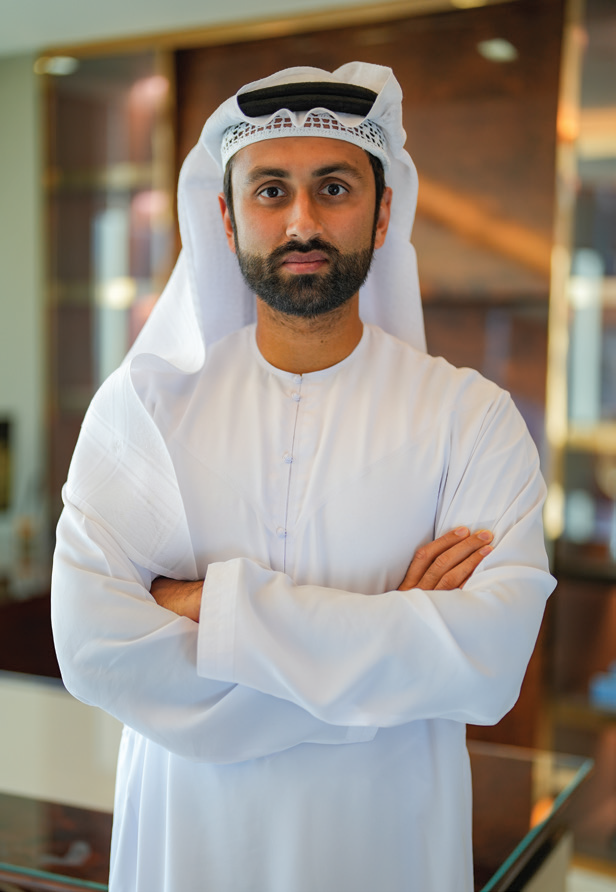 Ali Sajwani is a successful Emirati
Ali Sajwani is a successful Emirati
businessman, entrepreneur and
an Executive Director at DAMAC
Properties, a global multi-billion-dollar
real estate development company.
As Managing Director, Operations and Technology for DAMAC, Ali is responsible for enhancing the organization’s overall operational effectiveness and for driving the adoption and deployment of cuttingedge technology throughout the company. In his role, Ali has been instrumental in driving a culture of innovation across the company to streamline its processes across multiple departments. Ali has played a key role in the transformation of DAMAC into a leading international property company and is now focused on its international growth and establishing the brand as a major developer of global resorts. At the intersection of entrepreneurship, innovation, and sustainability, Ali embraces his visionary spirit to leave his mark in the real estate industry. Through his entrepreneurial leadership, Ali strives to inspire positive change, foster cross-cultural collaboration, and pioneer ground- breaking solutions that harmonize human progress with environmental responsibility. Having grown up by the water, Ali is passionate about the ocean, its ecosystem and marine life and considers himself a curious traveller who enjoys discovering different cultures and visiting exotic and remote destinations. In his down time, he enjoys Diving, Skiing and spending time with his family.
Thank you so much for giving
Trends this exclusive interview
despite your busy schedule. We
very much appreciate it.
Please tell us about yourself; your background and how you got into the family business which is now a premier real estate developer in the region? What is your current role and responsibilities within Damac?
| I have been part of the family business from a very young age, starting at just 13 years old, long before I even graduated from Northeastern University. I used to spend my weekends at the office, immersing myself in the business world. This got me to read balance sheets, understand gross margins, valuation metrics, and much more.
In 2014, I officially joined DAMAC and began my journey from the ground up. I would be at construction sites by 8 am, wearing construction boots and a hard hat, reporting to a project manager. Punctuality was crucial, as my father would be notified if I arrived even a few minutes late, and I would receive a phone call from him enquiring why I had reached work late. For the first two years, I worked at construction sites, gaining valuable hands-on experience. Then, in 2016, I took on the role of leading the sales team, where I was responsible for following up with over 250 leads daily. Afterward, I took charge of technology, CRM, and handovers, allowing me to gain insight into different aspects of the business. This experience enabled me to establish a tele-sales team and understand the seamless flow of leads from digital marketing to tele-sales, and finally to the sales team. Over time, my responsibilities expanded, and I currently hold the position of Managing Director of Operations and Technology. My sister also plays a vital role as the Managing Director of Sales and Development, and together we work closely as a team. The early exposure and discipline instilled by our father helped us develop a strong sense of responsibility and a comprehensive understanding of every aspect of our family business. By starting from the ground up and working in various departments, I carved out my path within DAMAC, allowing me to contribute significantly to its success and growth. |
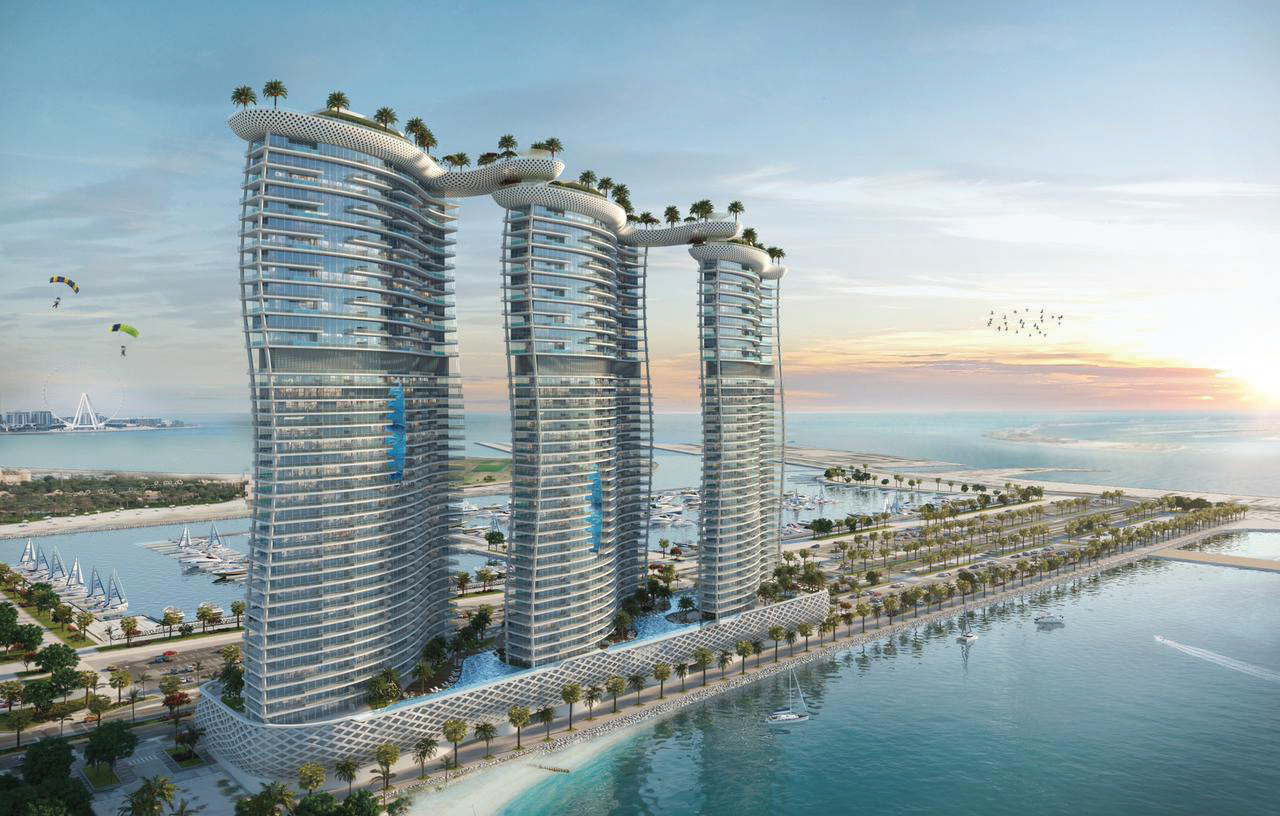
Dubai’s luxury real estate segment is one of the hottest in the world right now, attracting unprecedented number of ultra-rich buyers and investors. Isn’t that at the cost of more affordable properties in the city, with developers competing in that lucrative segment, neglecting the other?
| The luxury real estate segment in Dubai is undoubtedly experiencing immense growth and attracting a significant number of ultra-rich buyers and investors worldwide. This boom in the luxury market has been instrumental in transforming Dubai from a regional city to a global city, particularly after the way COVID pandemic has been handled and that garnered international attention and trust.
As a real estate developer, we identified an interesting trend in the market – the increasing demand for luxury branded residences. Seeing this opportunity, we introduced the concept for branded residences with the launch of Cavalli Tower, the first-ever branded Cavalli tower in the world.
However, we do not believe that the success of the luxury segment comes at the cost of neglecting more affordable properties. On the contrary, the mid-market segment in Dubai has been experiencing rapid growth in parallel with the luxury market. Areas like Business Bay for instance have seen a remarkable rise in value, increasing by 50% – 60% over the past three years.
In addition, global events, such as the unfortunate war in Ukraine have led many families to seek a safer environment to continue their lives. Dubai, being a secure and attractive destination, has become the perfect choice for these families, leading to an increasing demand for new homes in the mid-market segment.
We anticipate that both segments will continue to thrive in the coming years, with Dubai’s appeal as a safe and desirable location attracting more families and investors alike. |
Many believed that Dubai’s real estate market had reached its peak (in terms of pricing) and that we have now entered a bubble that can burst at some point. What are your thoughts on that? Do you see a correction coming any time soon? Why/Why not?
| While the real estate market in Dubai has indeed experienced cycles of boom before, there’s a notable difference this time around.
As part of my responsibilities as the Managing Director of Operations and Technology, I oversee the collections department, which has historically dealt with default rates of around 30%. This meant a significant proportion of customers were unable to complete their transactions, indicating a higher presence of speculative buyers in the past. In the current market, we have observed a remarkable decline in default rates, now standing below 7%. This is a critical indicator that the type of people purchasing properties today are not simply speculators seeking quick profits. They show genuine interest in making Dubai their home for the long term. This trend signifies a healthy market with strong underlying demand. So, we do believe a correction will happen eventually; it’s normal for a market to slow down for a bit. However, we believe this market boom and cycle are different from all the previous ones. |
Among other things you’re in charge of Damac’s Technology strategy and projects. Please tell us more about that. Are key IT systems within your organization (such as ERP, CRM etc.) proprietary/developed inhouse, outsourced or do you use solutions developed by international solution providers (such as SAP, Salesforce.com etc.)?
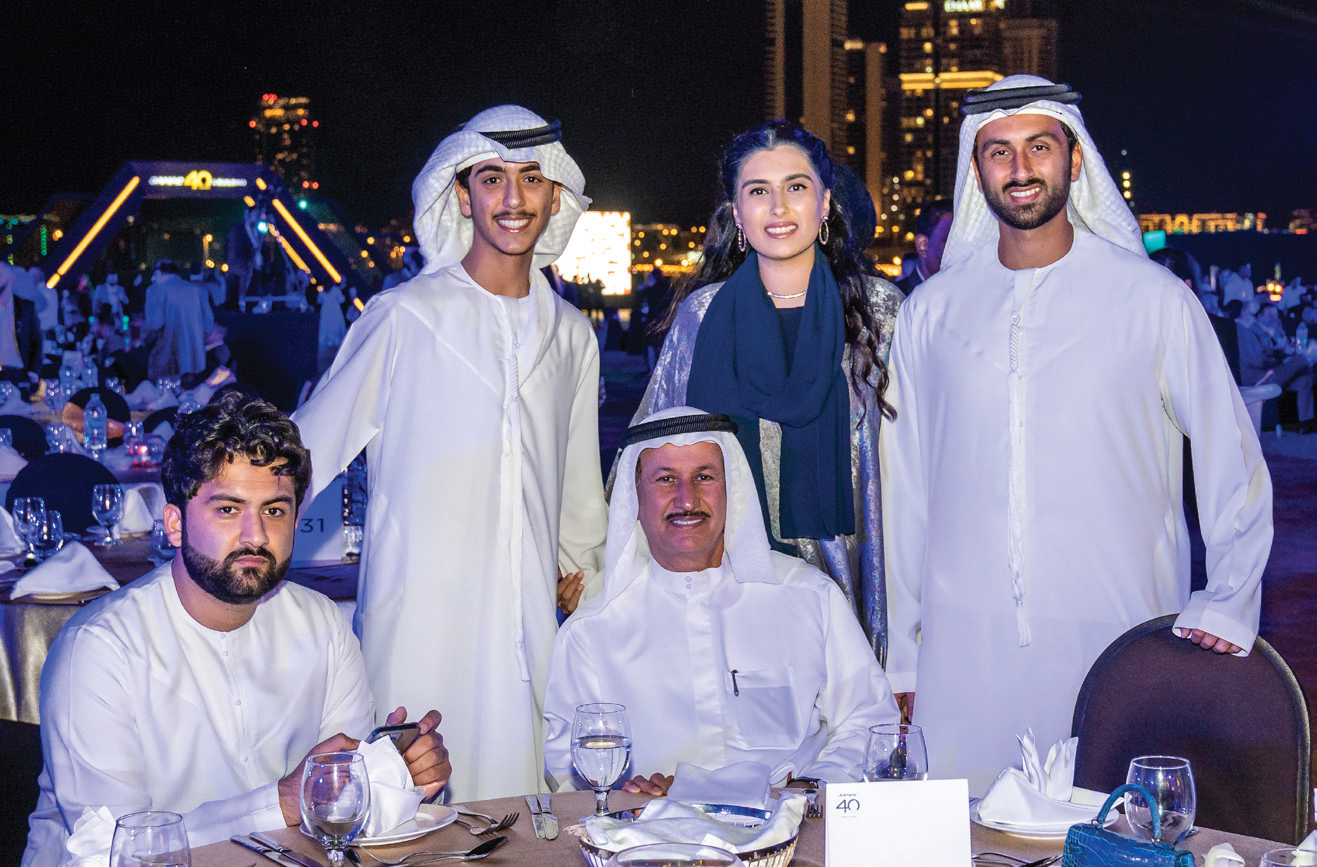
At DAMAC, we recognise the significant impact of technology and digitalisation on our competitiveness, agility, and customer-centric approach.
Since it is my job to oversee the implementation of our technology strategy and projects, I ensure that we stay at the forefront of digital transformation in the real estate industry. We have introduced various platforms and programs to enhance customer engagement and streamline our operations.
One of our customised platforms is the DAMAC Living App, which has been instrumental in facilitating over 25,000 owners and 15,000 sales registrations and bookings, providing seamless services to our customers. Additionally, we have introduced DAMAC Agents, a platform designed to empower brokers with real-time information and actions, facilitating sales and improving their efficiency.
To further streamline our internal processes and collaboration, we have implemented DAMAC CENTRAL, a one-stop shop portfolio of solutions that centralises all collaborations and reporting among departments and staff.
In terms of CRM and sales, we have leveraged the capabilities of Salesforce, a leading international solution provider, to empower our team and enhance customer relationships.
While driving sales is essential, our focus on technology extends beyond that. We are committed to using technology to optimise our business operations. To achieve this, we have implemented Oracle Fusion to upgrade our legacy systems, ensuring a seamless flow of information and data.
Moreover, we were early adopters of digital tools and experiences, offering digital twins and metaverse experiences of our properties back in 2020. We utilise digital brochures, 3D tours, and walk-throughs to showcase our properties, contributing to over 5% of our sales.
Looking ahead, we are taking technology to the next level with the development of a new e-commerce platform. Our aim is to launch this platform by Q4 2023 to Q1 2024, providing customers with a complete digital experience where they can purchase real estate properties as easily as buying products from Amazon online.
At DAMAC, technology plays a pivotal role in driving innovation, enhancing customer experiences, and streamlining our business processes. We remain committed to staying ahead of the curve and embracing technology to meet the evolving needs of our customers and the real estate industry as a whole.
Everything seems to be (or will eventually be) impacted by Artificial Intelligence. How do you think AI will change the real estate business, from design to implementation and even sales and marketing? Does Damac have an AI strategy and if so, what are the highlights if you can share with us?
| We integrated Artificial Intelligence at DAMAC as soon as we started realising the potential of what it can do for us. We have encouraged our employees to use ChatGPT in their daily operations as it drastically helps with time management while ensuring effective results.
Not only that, but we are also integrating several kinds of Generative AI to assist us with copywriting materials, landscape designs, as well as creative and marketing materials used externally on our social media platforms. For example, when launching a new development, we often promote high-quality marketing video materials that require the inclusion of model forms, incurring significant costs. However, with the capabilities of Artificial Intelligence and Generative AI, we visualise the suitable model for our new development and request certain software to create her for us in seconds. We are also exploring the integration of AI in our Chabot to efficiently respond to our clients and customers, providing them with the fastest and best assistance they need. At DAMAC, we continuously strive to innovate and adapt to the most emerging technologies. |
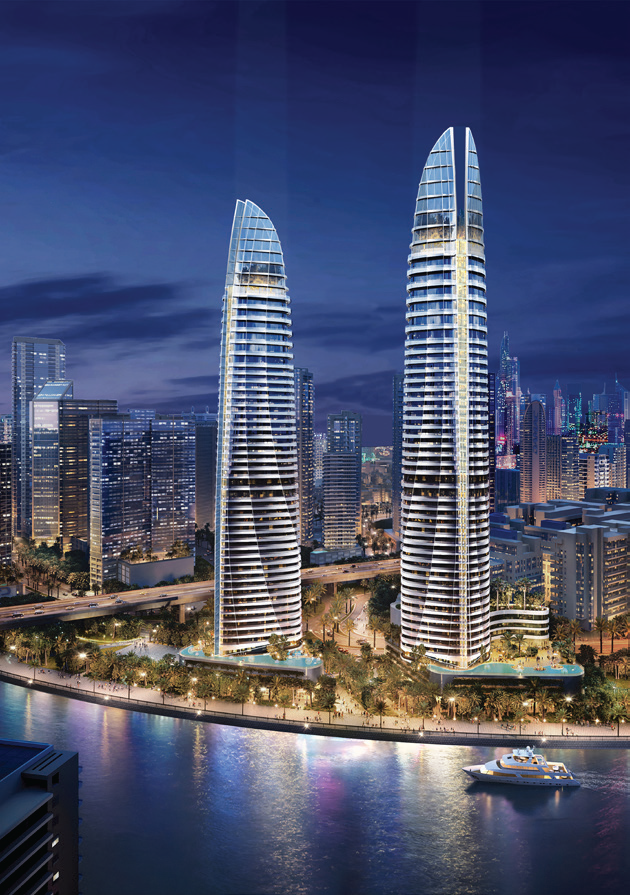 The Future of Real
The Future of Real
Estate According
to Damac
DAMAC is a family-run enterprise, with all your siblings holding important positions. However, it’s estimated that only 30% of family businesses successfully transition to the second generation. Why do you think that is, and how do you see the future of DAMAC avoiding this statistic?

It is true that we are a family-run business, but I believe that one of the main reasons why a significant number of family businesses fail to transition to the second generation is that the younger generation is often not actively involved in the family business from an early age, unlike us.
I have observed that in many family businesses in the region, those who graduate from universities and step into managerial roles within their family enterprises end up depending heavily on employees without having a comprehensive understanding of the business’s intricacies.
However, at DAMAC, it is different. Our family business values, and vision have been instilled in us from a very young age. Our father, Hussain Sajwani, involved us in business discussions during family meals and sought our opinions and insights. We’ve deeply understood all the aspects of the business, from products to pricing and beyond, prior to our joining the company. We actively participated in events and launches, sharing our knowledge and insights with others.
Another crucial aspect of a successful family business transition is transforming it into a global organization.
As the Managing Director of operations, strategy, and technology, my focus has been on turning DAMAC into a global organization with streamlined processes that allow us to operate as a corporation and focus on overall growth.
The transformation began with a focus on the Finance department and then extended to the CRM, sales, and Technology departments. Our goal is to eliminate bureaucracy, introduce governance and efficient processes, and streamline multiple procedures to ensure consistent growth. This transformation has necessitated a cultural shift, one of the most challenging tasks in any company.
By involving the younger generation early on and adopting a global organizational approach, we are confident in avoiding the statistics associated with family business transition and ensuring a successful future for DAMAC.
What core values do you believe are essential for a successful family business?
| Certain core values play a pivotal role in the growth and sustainability of the family business in general. First and foremost, hard work is the foundation upon which everything else is built. A strong work ethic and unwavering dedication are essential in facing the challenges that come with running a business.
This is followed by a profound understanding of your own business in all its aspects from knowing the industry, the market, and the intricacies of day-to-day operations to the decision-making and strategic planning. While hard work and knowledge are vital for the business, our family believes in the importance of staying humble, driven, and assertive. Moreover, effective communication and collaboration are central to maintaining both family values and the prosperity of the business across generations. We recognise that to achieve sustained success, it is crucial to involve different generations in the decision-making process. By embracing the perspectives and experiences of both the older and younger members of the family, we enrich our strategies and adapt to evolving market dynamics. |
Tell us about Damac’s pioneering efforts in the luxury real estate space? Can you share some examples and why Damac has maintained its leadership in this area?
| I believe that the main reason DAMAC maintained its position and leadership in luxury real estate is innovation. We always sought to diversify every project and make it different than the one before it, asking ourselves what we can do differently to create unique concepts.
For instance, DAMAC was among the first developers to introduce branded residences with Cavalli Tower in 2021. Another example of their innovative approach is DAMAC Bay by Cavalli, which offers a majestic 42-storey luxury seafront living in three stunning towers at Dubai Harbour. Another example would be the DAMAC Lagoons project, a master community featuring elegant townhouses and villas inspired by the Mediterranean, each with its own thematic clusters such as Monte Carlo or Mykonos. Recently, DAMAC revealed “Canal Crown by de GRISOGONO,” designer waterfront apartments at Business Bay, boasting state-of-the-art infrastructure and world-class attractions. This relentless focus on innovation and trendsetting has solidified DAMAC’s position as a dominant force in the luxury real estate market. |
Dubai has emerged as one of the world’s most prolific lifestyle and real estate destinations. What are some of the reasons contributing to this profile as a safe haven for investor and UHNWis?
| Dubai has risen to become one of the world’s most sought-after lifestyle and real estate destinations, appealing to investors and high-net-worth individuals (UHNWIs) for various reasons. The visionary leadership of Dubai’s ruler family has shaped a city that attracts individuals of diverse backgrounds and nationalities, making it a global hub for investment. The city offers a wide range of attractive perks, including luxury hospitality, top-notch international dining options, high-quality entertainment, and much more, making it an enticing choice for UHNWIs.
Simplifying processes to attract investors is another significant aspect of Dubai’s appeal, evident in initiatives like the golden visa and various investor visa options. The city’s cultural diversity, with people from all over the world, coupled with English being widely spoken, makes it easy for people from different countries to adapt and choose Dubai as their destination. Moreover, the absence of income tax for individuals and low tax rates for large corporations add to the city’s attractiveness, encouraging companies to relocate their headquarters to Dubai. One of the most compelling advantages of living in Dubai is the excellent quality of life it offers at a relatively affordable cost. Compared to other global cities, living in Dubai costs approximately 1/5, making it a real value for money proposition. In conclusion, the combination of these perks and advantages makes Dubai an ideal destination for individuals and investors worldwide. |



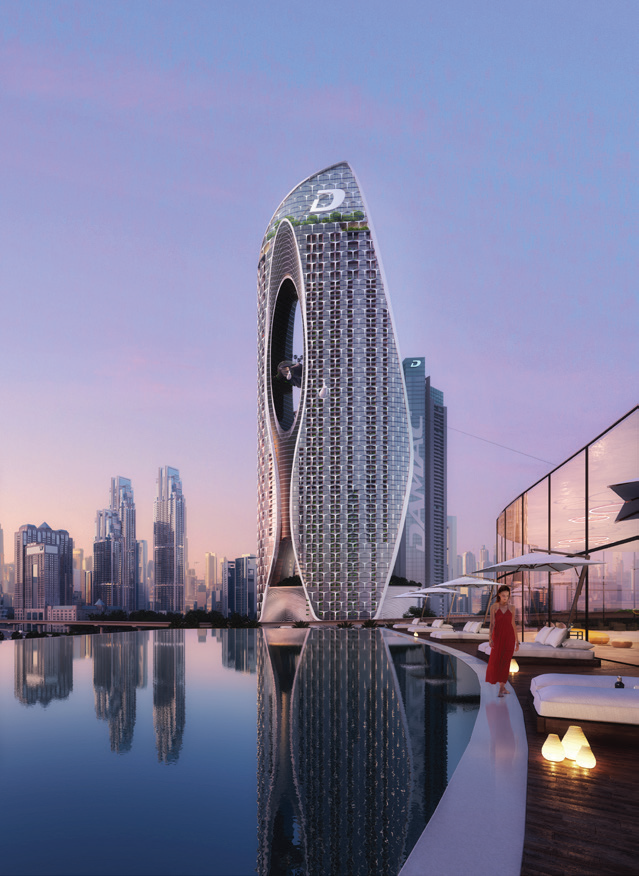


Very clean web site, thankyou for this post.